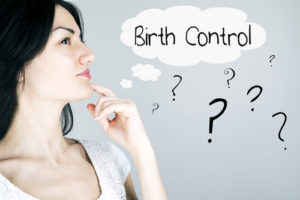Back to Contraception List
This percentage rate is achievable in more mature couples (40 year olds +) who have sex less often and is normally planned. This method may be less effective for younger couples.
The natural method of contraception involves taking note of times in the woman’s cycle where she is infertile and fertile so a plan to take further measures. This method is 80-98% effective in preventing pregnancy however, it heavily relies on careful use of the method. 
The woman takes a record of temperature, mucus changes in the cervix and other ovulation signs daily, the woman can then find the days she is most fertile and should refrain from sexual intercourse during this period to avoid pregnancy. If she should be sexually active during these days, an extra method of contraception should be used such as condoms or diaphragms.
Natural methods need to be taught by a specially trained teacher, GP or doctor.
Benefits of choosing The Natural methods of contraception
- Chemical free and doesn’t require any medication,
- Low cost,
- Convenient method that does not have any side effects,
- The method allows a couple to be in control of their fertility,
- Encourages shared responsibility by the women and her partner.
Disadvantages of choosing the Natural Methods of contraception.
- A record needs to be taken of temp daily to see when fertile days are occurring
- Sexual intercourse will need to be avoided on some days over the month unless other method of contraception are additionally used
- The method is only effective for women who have regular menstrual cycles
- Does not prevent against STIs
- Can be interrupted by stress, illness or taking medication. Women who follow this method will need to be well informed regarding what can interrupt its reliability (HSE, 2016).
For more information on natural methods of contraception, click on any of the following links;